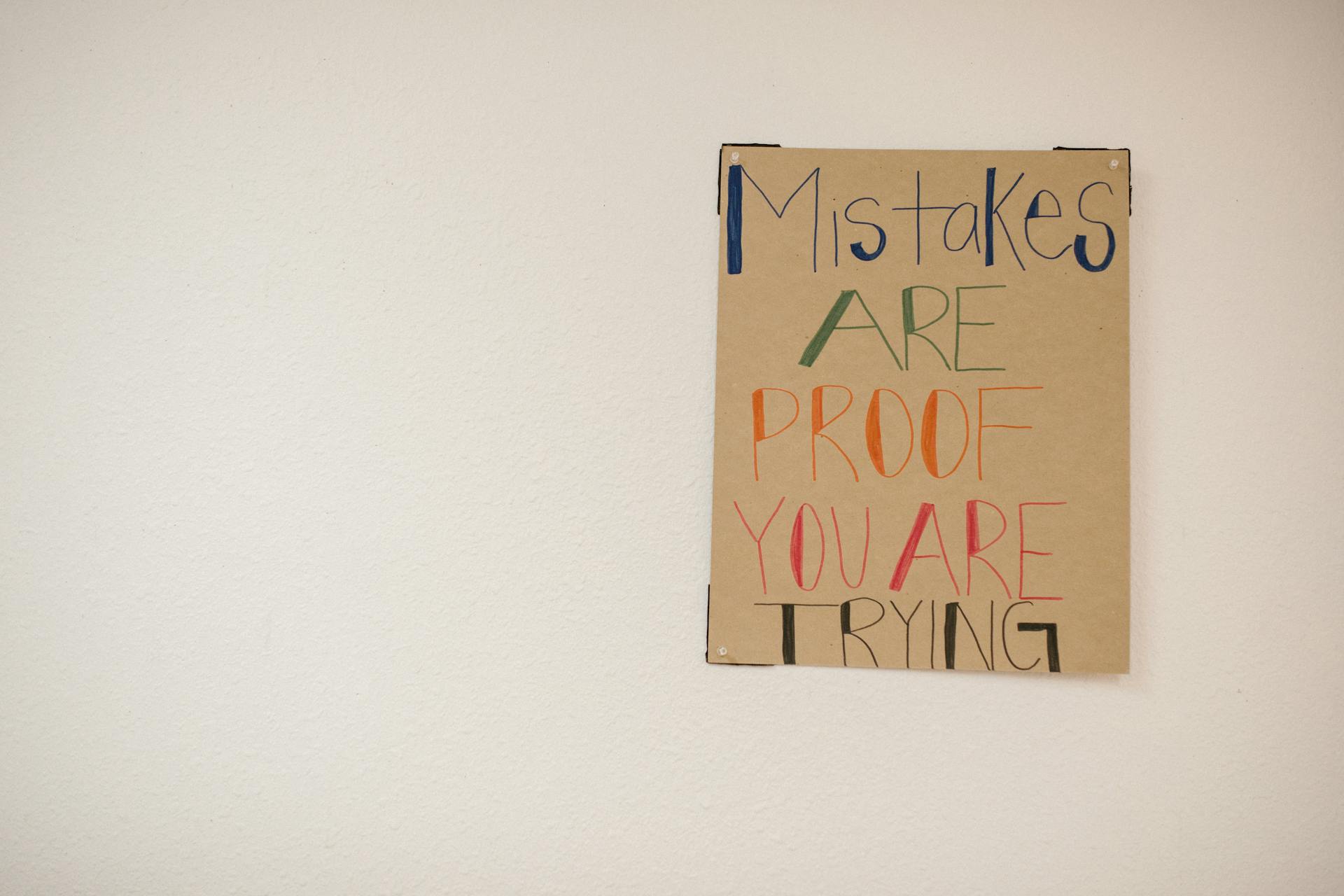So, you’ve decided to learn Spanish. ¡Qué bien! You’re smashing through your vocab, getting the hang of hola, gracias, and maybe even ordering a cheeky cerveza on holiday. But suddenly… things get weird.
Here are some classic mistakes beginner Spanish learners make and how to avoid them.
1. “Estoy embarazada”… ¡¿Qué?!
You might think you’re saying you’re embarrassed. You’re not. You’ve just announced that you’re pregnant.
The mix-up: Embarazada ≠ embarrassed. It actually means pregnant. A classic false friend.
Say instead:
“I’m embarrassed” → Tengo vergüenza (literally, “I have shame”—which honestly feels a bit dramatic, but that’s Spanish for you).
2. Mixing Up Ser and Estar
Ah yes, the two words for “to be”. One of the first things you’ll bump into… and bump your head against repeatedly.
- Ser is for permanent stuff – who you are, what you do, where you’re from.
→ Soy inglés (I’m English) - Estar is for temporary states – feelings, locations, moods.
→ Estoy cansado (I’m tired)
The fix: Think of it like this:
Ser = essence,
Estar = state.
And if you mess it up? Spanish speakers will still get what you mean—you might just sound like you’re trying a bit of interpretive poetry.
3. Gender Confusion
Spanish loves gendered nouns. A table is la mesa, a book is el libro. Why? Who knows. But it matters.
The issue: Saying el casa instead of la casa makes your sentence sound… off.
The fix: Always learn the article with the noun (e.g. el coche, not just coche). And no shame if you mess it up—we’re all learning.
4. Translating Literally from English
So tempting, but so wrong.
You might say:
“I have 20 years” → Tengo 20 años
Okay, fine.
But then try:
“I’m hot” → Estoy caliente
That means… well, let’s just say you’re not talking about the weather anymore.
The fix: Watch out for phrases that don’t translate cleanly. Spanish loves using tener (to have) for feelings:
- Tengo calor = I’m hot
- Tengo hambre = I’m hungry
- Tengo sueño = I’m sleepy
5. Forgetting About Accent Marks (And Changing the Whole Meaning)
A little squiggle can make a big difference:
- Sí = yes
- Si = if
- Tú = you
- Tu = your
The fix: Try to notice accents early. They’re not just decorative—they matter. Otherwise, you might accidentally say “your are nice” instead of “you are nice.”
6. Thinking It Has to Be Perfect
Here’s the truth: you’re going to mess things up. You’ll forget words mid-sentence, invent verbs on the spot (yo googléalo anyone?), or panic and say gracias when someone asks how you are.
The fix: Laugh it off. Keep going. Language is about connection, not perfection. And trust us, given the language ability of the average Brit in Benidorm, Spanish speakers are usually happy you’re trying at all.
Final Thought: Mistakes Are Part of the Magic
Learning Spanish is full of twists, turns, and unexpected pregnancy announcements. But that’s all part of the fun!
Ready to learn Spanish in a safe, inclusive, low-pressure space? Join us. ¡Vamos!
